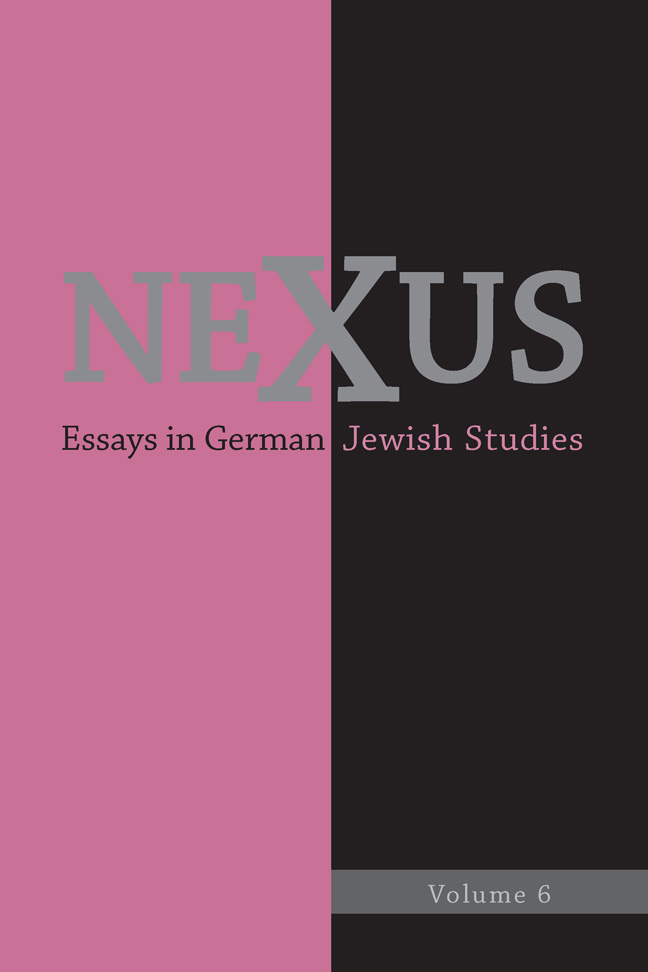“My Marriage to the German Jewish Intellectual Legacy”: A Conversation with Paul Mendes-Flohr
Published online by Cambridge University Press: 12 January 2024
Summary
Our conversation with renowned Buber scholar Paul Mendes-Flohr was entirely serendipitous. He happened to be teaching at Notre Dame's Jerusalem Global Gateway at the same time (March, 2018) that the German Jewish Studies Workshop convened at the Tantur Ecumenical Institute, located on the same campus as the Gateway itself, just outside of Bethlehem. As one of its founding parents—active in the field long before it became known as “German Jewish Studies”—Mendes-Flohr held a special appeal to this group both as cofounder and witness to its origin. Seventy-six at the time of the interview, and now over eighty, he is the quintessential participant- observer of intellectual developments that have profoundly shaped our current scholarly practice. Having taught at the Free University (Berlin), the Hebrew University (Jerusalem), and the University of Chicago, he brings an uncommon breadth of experience to the question of how one might define the amorphous conglomerate that today is known as German Jewish Studies.
Mendes-Flohr speaks here autobiographically and humbly, rather than prescriptively or authoritatively. To him, the German Jewish legacy imbues Enlightenment analysis with a spiritual and ethical view of what it means to be human. It is an ongoing, never-ending quest for self-cultivation (Bildung) in conversation with an ever-changing world. While we probed for specific content and inquired about various scholarly approaches, he tirelessly emphasized the dynamic, expansive, and inclusive nature of true inquiry. Throughout, he questions strictly maintained boundaries: those drawn between the academic and the “real” world, the activist and contemplative lives, the sacred and the secular, Germans and Jews, and between Israelis and Palestinians. Like his hero Martin Buber, he gently insists on an anthropology that makes room for both the analytical and the mystical.
Though wary of prescriptive categories and abstract generalizations, Mendes-Flohr suggests that Jewish thinkers (though not only Jewish ones) provided the German Enlightenment with an essential cosmopolitan ingredient that allowed ideals of inclusive humanity to be more fully realized. In his accounting, this includes an essential spiritual dimension that is not, however, identical to any particular creed or religious practice, Jewish or other. Supressed or fully expunged during the Nazi period, this “legacy,” as he likes to call it, reemerged in the postwar period (in no small part owing to his own work and that of his teachers) to serve as a valuable intellectual and spiritual resource for reconstruction.
- Type
- Chapter
- Information
- NexusEssays in German Jewish Studies, pp. 47 - 58Publisher: Boydell & BrewerPrint publication year: 2023



